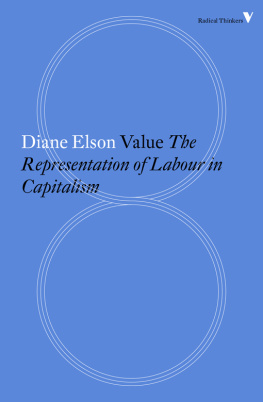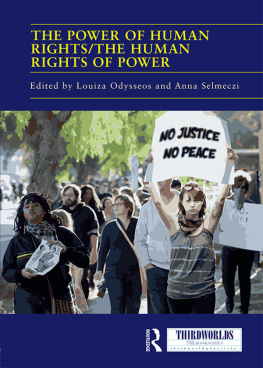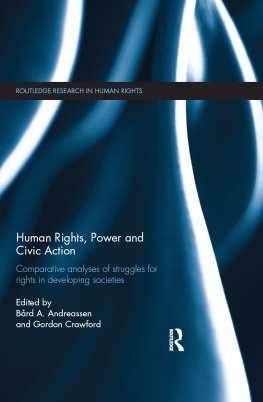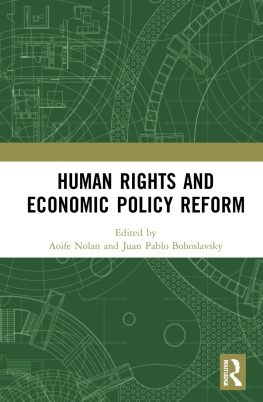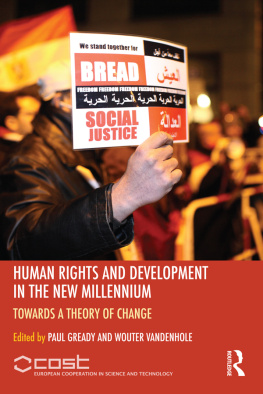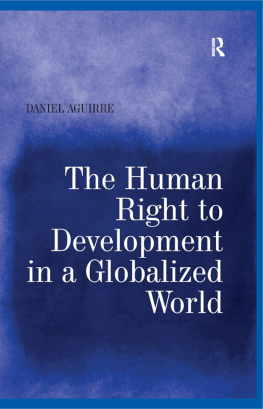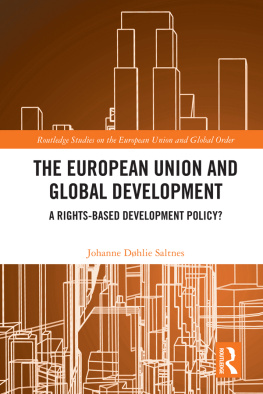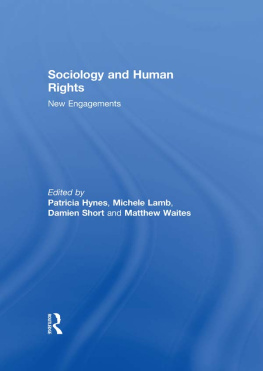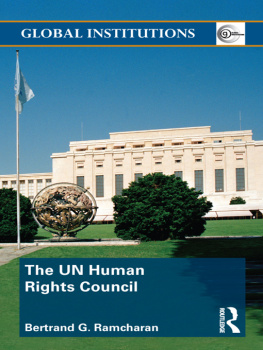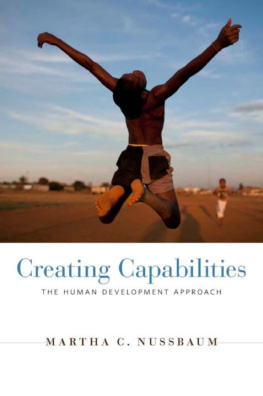Human Rights and the Capabilities Approach
Among several contesting views about the purpose of development and how progress should be evaluated, human rights and capabilities (or human development) stand out as two approaches that are concerned first and foremost with the well-being of individuals, their freedom, dignity and empowerment. These two approaches contrast sharply with the dominant development frameworks that emphasize economic growth as the essential objective. Though human rights and capabilities share these common commitment to human priorities, they are distinct concepts and fields that have developed separately. The aim of this volume is to explore the relationship between them in order to enhance the understanding of both as theoretical paradigms, as public policy frameworks and as approaches to development.
The book includes contributions from some of the leading scholars in the two fields of capabilities approach and human rights. It covers the essential aspects of this relationship: addressing the complementarities between human rights and capabilities as theoretical concepts; how the concept of capabilities can contribute to resolving some key theoretical issues in human rights; how the social science analysis and methods of the capabilities approach can clarify human rights concepts and strengthen human rights advocacy; and how human rights norms can strengthen public policy and mobilize collective action to demand greater accountability in placing human priorities first in public policy. Human Rights and the Capabilities Approach raises many questions for further interdisciplinary conversation and further research.
This book was originally published as a special issue of the Journal of Human Development and Capabilities, and has been expanded with two additional articles from this journal and a new foreword by Professor Amartya Sen.
Diane Elson is Emeritus Professor of Sociology at the University of Essex, UK. She has been Visiting Professor at Carleton, Ruhr and Rutgers Universities. She is a former Vice-President of the International Association for Feminist Economics, and has published widely on gender and development.
Sakiko Fukuda-Parr is Professor of International Affairs at The New School in New York, USA. She was Director of UNDP Human Development Reports 1995-2004 and has published widely on human development and human rights.
Polly Vizard is Research Fellow at the Centre for Analysis of Social Exclusion (CASE), London School of Economics, UK. Her research interests include poverty, equality and inequality, human rights and the capability approach. Her recent work includes commissioned research for the British Equality and Human Rights Commission, and research on public attitudes towards rights.
Human Rights and the Capabilities Approach
An Interdisciplinary Dialogue
Edited by
Diane Elson, Sakiko Fukuda-Parr and Polly Vizard
First published 2012
by Routledge
2 Park Square, Milton Park, Abingdon, Oxon, OX14 4RN
Simultaneously published in the USA and Canada
by Routledge
711 Third Avenue, New York, NY 10017
Routledge is an imprint of the Taylor & Francis Group, an informa business
2012 United Nations Development Programme
This book is a reproduction of the Journal of Human Development and Capabilities, volume 12, issue 1. The Publisher requests to those authors who may be citing this book to state, also, the bibliographical details of the special issue on which the book was based.
All rights reserved. No part of this book may be reprinted or reproduced or utilised in any form or by any electronic, mechanical, or other means, now known or hereafter invented, including photocopying and recording, or in any information storage or retrieval system, without permission in writing from the publishers.
Trademark notice: Product or corporate names may be trademarks or registered trademarks, and are used only for identification and explanation without intent to infringe.
British Library Cataloguing in Publication Data
A catalogue record for this book is available from the British Library
ISBN13: 978-0-415-68103-2
Disclaimer
The publisher would like to make readers aware that the chapters in this book are referred to as articles as they had been in the special issue. The publisher accepts responsibility for any inconsistencies that may have arisen in the course of preparing this volume for print.
Philip Alston is John Norton Pomeroy Professor of Law at the New York University Law School where he co-chairs the Center for Human Rights and Global Justice. He has served in many capacities as an expert on several UN human rights bodies, including as UN Special Rapporteur on extrajudicial, summary or arbitrary executions from 2004 to 2010, and as Chair of the UN Committee on Economic, Social and Cultural Rights from 1991 to 1998. He is author of several books and articles on human rights.
P. B. Anand is Reader in Environmental Economics and Public Policy at the University of Bradford, UK. His areas of interest include applying the capability approach to the resolution of environmental issues, economics of water, and institutional economics of governance. Dr Anands research on water led him to issues concerning human rights to water and subsequently into the discussion of human rights and the Millennium Development Goals. His current research is on the environment and the human development challenges in Mongolia in contribution to the national human development report for the United Nations Development Programme.
Radhika Balakrishnan is Executive Director of the Center for Womens Global Leadership, and Professor in the department of Womens and Gender Studies at Rutgers University, USA. She was previously Professor of Economics and International Studies at Marymount Manhattan College. She is the author of Why MES with Human Rights: Integrating Macro Economic Strategies with Human Rights (Marymount Manhattan College, 2005). She edited The Hidden Assembly Line: Gender Dynamics of Subcontracted Work in a Global Economy (Kumarian Press, 2001) and co-edited Good Sex: Feminist Perspectives from the Worlds Religions, with Patricia Jung and Mary Hunt (Rutgers University Press, 2000). Her work focuses on gender and development, gender and the global economy, human rights and economic and social rights.
Tania Burchardt is Senior Lecturer in the Department of Social Policy at the London School of Economics, UK. Her research interests include theories of social justice, the capability approach, concepts and measurement of inequality, and welfare policy in the UK and Europe. Recent publications include Time, Income and Substantive Freedom: A Capability Approach (Time and Society, forthcoming 2010) and Agency Goals, Adaptation and Capability Sets (Journal of Human Development and Capabilities, 2009, 10(1), pp. 319).
Simone Cecchini is an economist with the Social Development Division of the United Nations Economic Commission for Latin America and the Caribbean (ECLAC), based in Santiago, Chile. His research interests include poverty reduction, employment, social protection and social indicators. He has published extensively on these issues and since 2002 has been contributing to the annual editions of ECLACs Social Panorama of Latin America.
Jay Drydyk is Professor of Philosophy at Carleton University in Ottawa, Canada. Questions of how human rights, justice, and democracy can be understood inter-culturally have interested him since he co-edited


